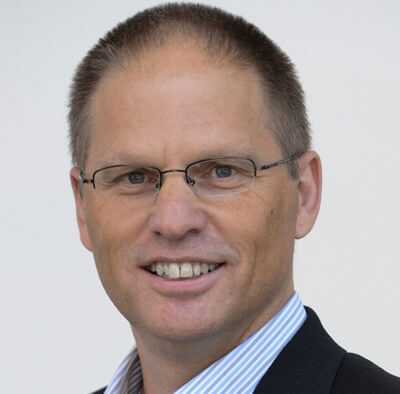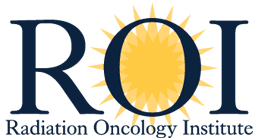Brian Marples, PhD

Please tell us about your role at the University of Rochester. Are you involved in patient care, teaching and/or research?
I am a Professor in the Department of Radiation Oncology at the University of Rochester. My primary role is conducting basic and translational research, with a focus on normal tissue toxicity. I also teach radiobiology to the Radiation Oncology Residents.
Why did you decide to get involved with radiation oncology?
I completed my PhD at the Gray Laboratory in the UK under the mentorship of Dr. Michael Joiner. Jack Fowler and Julie Denekamp were the directors of the Gray Lab during my post-graduate training; with these three excellent radiobiology mentors, and the other Gray Lab members, a career in radiation oncology was the only course!
How do you envision the future of the field of radiation oncology? In what ways would you like to see it grow/evolve?
Firstly, greater levels of funding from federal and local agencies, many fundamental radiobiology questions remain unanswered regarding dose and time responses. Also, additional studies are needed to investigate radiation effects in tissues and tumors after combined therapies, such as radiation with cytotoxic and molecularly-targeted chemotherapeutics, and also investigations to mitigate normal tissue effects after radiation therapy.
Tell us about your role on the ASTRO Board of Directors.
I serve on the ASTRO Board as the Vice-Chair of the Science Council, along with Catherine Park, MD, FASTRO as the Science Council Chair. I was appointed to the Board under the Immediate Past Chair Theodore L. DeWeese, MD, FASTRO. I’ve really enjoyed developing working relationships with the other Board members. The most surprising aspect of the ASTRO Board meetings was the overall breadth of knowledge of the individual Broad members and also that of the ASTRO staff. The complexities of Advocacy and Guidelines were new to me, having spent my ASTRO service in the world of research, grants and education. While I appreciated the work of Emily Wilson and her Science team from my Science Council role, I was astonished by the lengths that Dave Adler and his Advocacy team go in advocating for radiation oncology across government.
Why do you support the Radiation Oncology Institute?
Having seen the work of the ROI first-hand via Board discussions and having discussed its funding and funding successes on the Science Council calls, it seemed appropriate to support the goals of the ROI given its support for research.
What prompted you to become a member of the ROI President’s Circle in 2020 with an overall contribution of $1,500?
I wanted to contribute at a level that would be impactful.
What prompted your decision to make a monthly financial contribution of $125 to the Radiation Oncology Institute to fulfill the commitment as a President’s Circle member?
A monthly contribution was the best way for me to budget.














